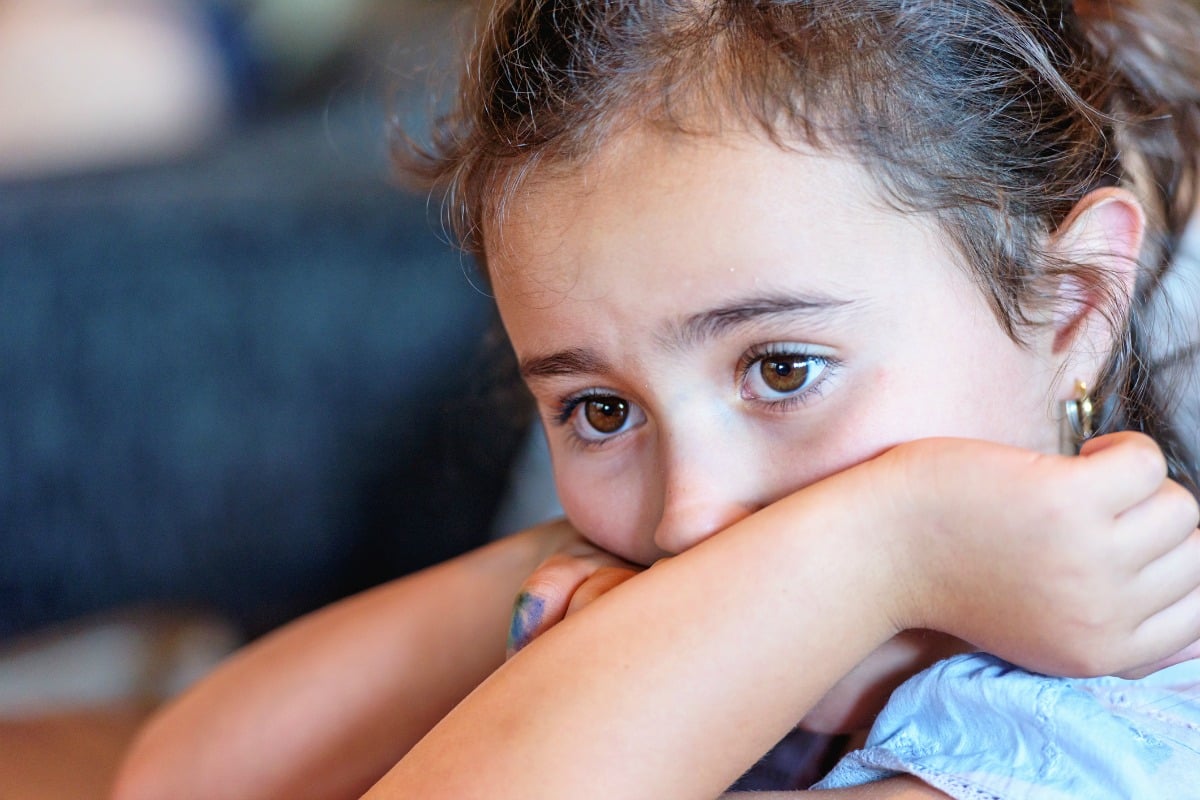
“Schools will fix it!”
For a teacher, it feels like this is the attitude society has around every “issue” that pops up. Cyber safety? Schools will fix it. Understanding your sexuality? Schools will fix it. Environmental sustainability? The obesity crisis? Mental health? Digital addiction? The list of “issues” is endless and our schools are trying hard to get across them all. But the general feeling among teachers is that we’re doing too many things and none of them well.
Now don’t get me wrong, I’m not suggesting these issues aren’t important. They are. And education is certainly the answer. Oprah always says “when you know better you do better”. But seriously… it’s time we asked: who is responsible for all this educating?
As a teacher myself, I have to confess I’m tired of this “schools will fix it” mentality. When do parents “fix it”? When is our community expected to step up? These issues don’t belong exclusively to schools, they’re challenges for our entire society. They say it takes a village to raise a child, so where is everyone?
Let’s consider the idea of resilience. It’s a classic example of a “school will fix it” issue, falling beneath the broader theme of mental health and well-being.
Now, there was a time when I’d often say to my students “too bad, so sad”. It was always said gently and lightly and always related to the mini-adversities of school life: not being line leader, not being chosen to speak at assembly, not being partnered with your BFF. “Too bad, so sad” wasn’t something I said to be flippant. It was an attempt to build emotional resilience; that ability to survive life’s challenges and move on. But, one day, the Principal told me I had to stop saying it. A parent had made a complaint. Apparently ‘too bad, so sad’ was a “brutal response” to a child who was already upset because they’d missed out on the last muffin at the tuckshop.


Top Comments
The lack of empathy in the example of how the author as a teacher, role model and authority figure, interacted with a child who was upset is disappointing.
The author was able to articulate the correct response of emphasizing with the child but insinuated that this should be done by the parent (hours later, rather than in the moment). She then also articulated that by 'too bad, so sad' she actually meant 'you've got this'. Another much better example of how she could have responded.
What's needed is not her advice on how parents need to build resilience in their kids before coming to school (they do). But a community understanding that resilience building is a life long education. Where the connection we have with our family, friends, teachers and role models will play a big part in our inner voice and how quickly we move on from small and big hurts.
Our education system needs looking at if a teacher is so overworked and depleted they can't find the energy, or time in their day, to give any empathy to their students.
Best wishes on your advocacy for teachers but maybe look at the real problem.
also, be mindful that your judging the situation and the child for having no resilience to a situation but you also may have no idea what is going on in their life outside of what you see. your hurtful words can scar them for a really long time if you are a role model they look up to.